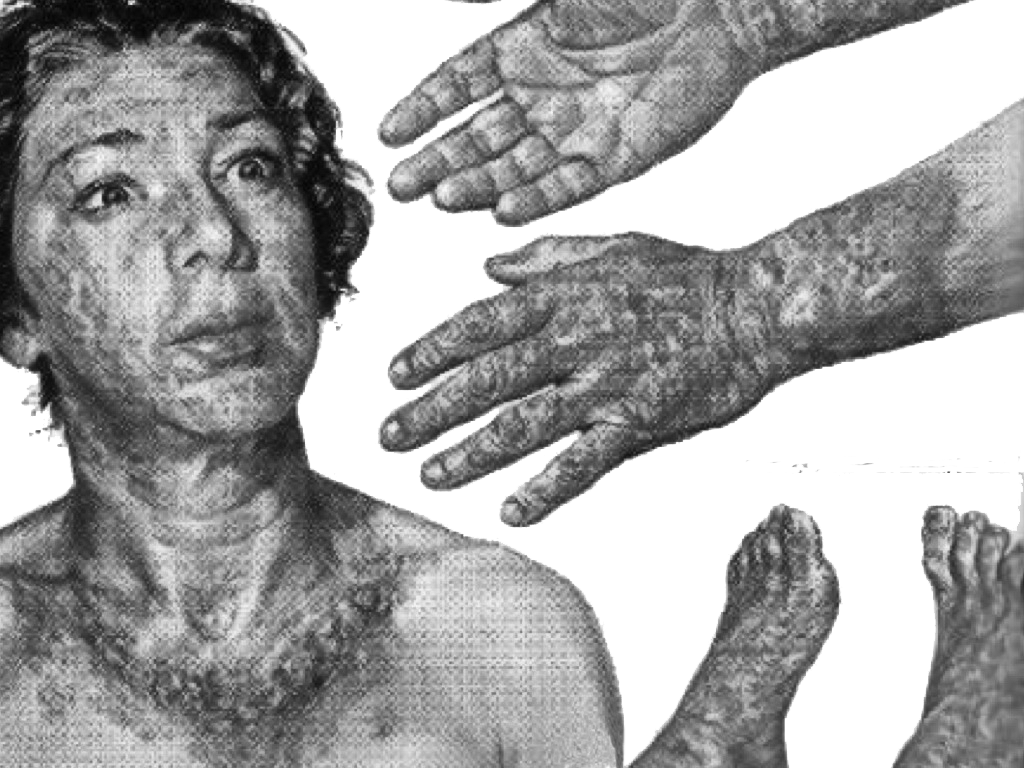MGCCC Science Café highlights pellagra, a deadly disease of the 19th century South

Dr. Deanne Stephens, associate dean of Arts and Letters and history professor at The University of Southern Mississippi Gulf Park Campus, will discuss the deadly disease pellagra and why it became an epidemic in the rural south in the 19th century.
Pellagra, a skin disease, infected poor Southerners of that time and was caused by a deficiency of the vitamin niacin, normally found in corn. The epidemic affected poor sharecroppers, orphans, mental-hospital patients, and people living in coal-mining and cotton-mill towns because these people often survived off an unvaried diet based on cornmeal. An agricultural invention, the degerminator, had unintentionally hastened the spread of pellagra by allowing corn to be processed faster, but lowering its niacin content.*
In conjunction with the presentation, the Willis H. Lott Learning Resources Center will feature the exhibit “Pellagra and the South” through the end of October.
Both the event and exhibit are free and open to MGCCC employees, students and the general public.
Science Café offers those with minimal background in science the chance to meet and discuss scientific issues in a relaxed social setting. The monthly events on the Coast are a collaboration of The University of Southern Mississippi Gulf Coast Library, Mississippi Gulf Coast Community College, Harrison County Library System, Long Beach Public Library and Hancock County Library System.
For more information about the Science Café and exhibit, email pklibrary@mgccc.edu or call 601.928.6286.
*The description of pellagra was retrieved from southernfoodways.org.
